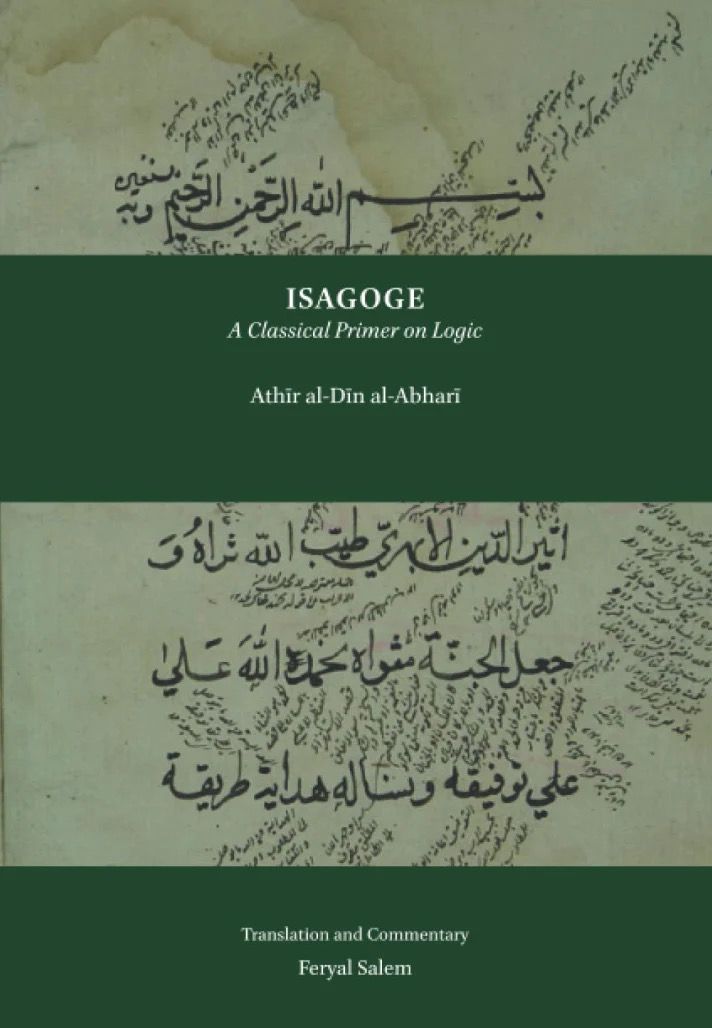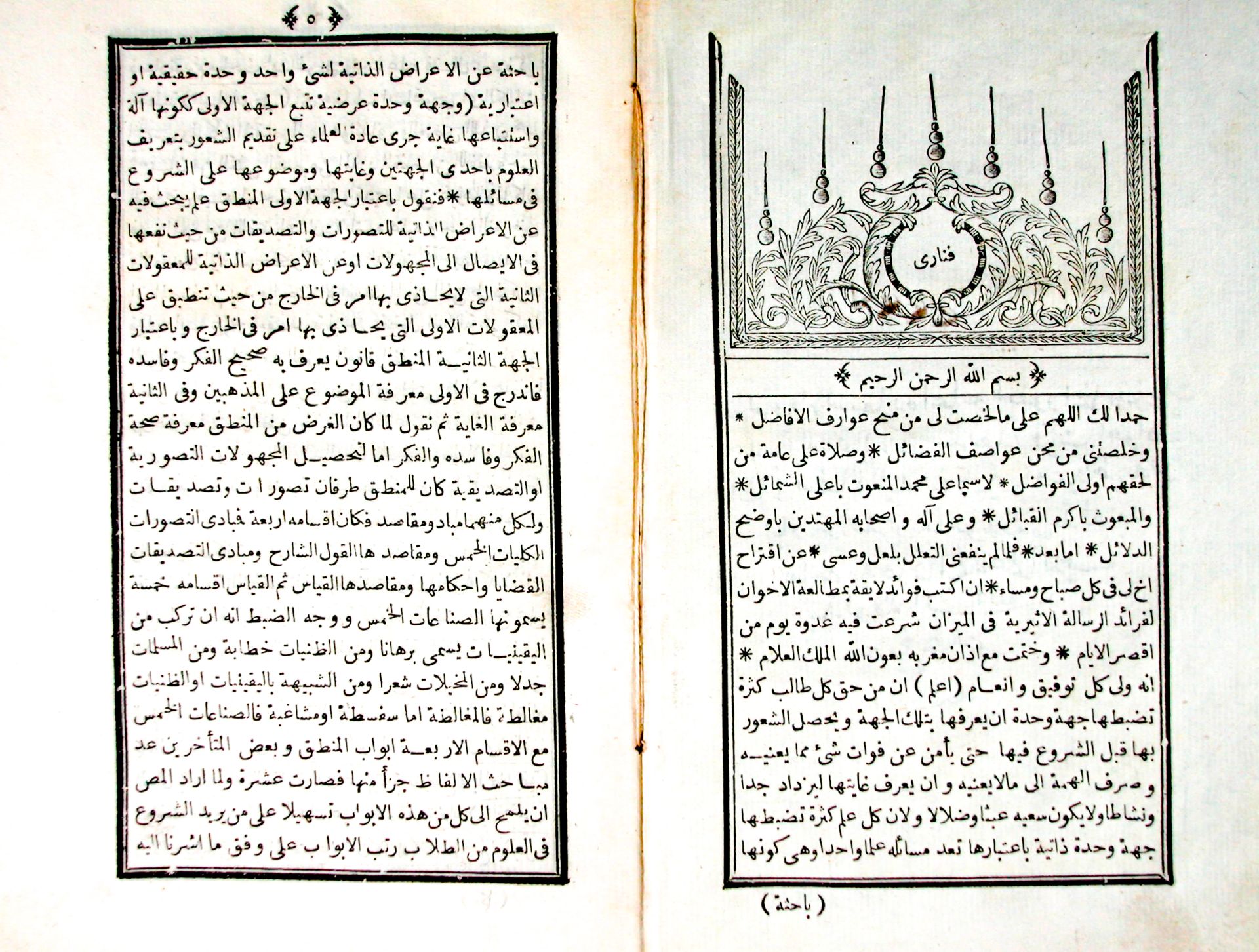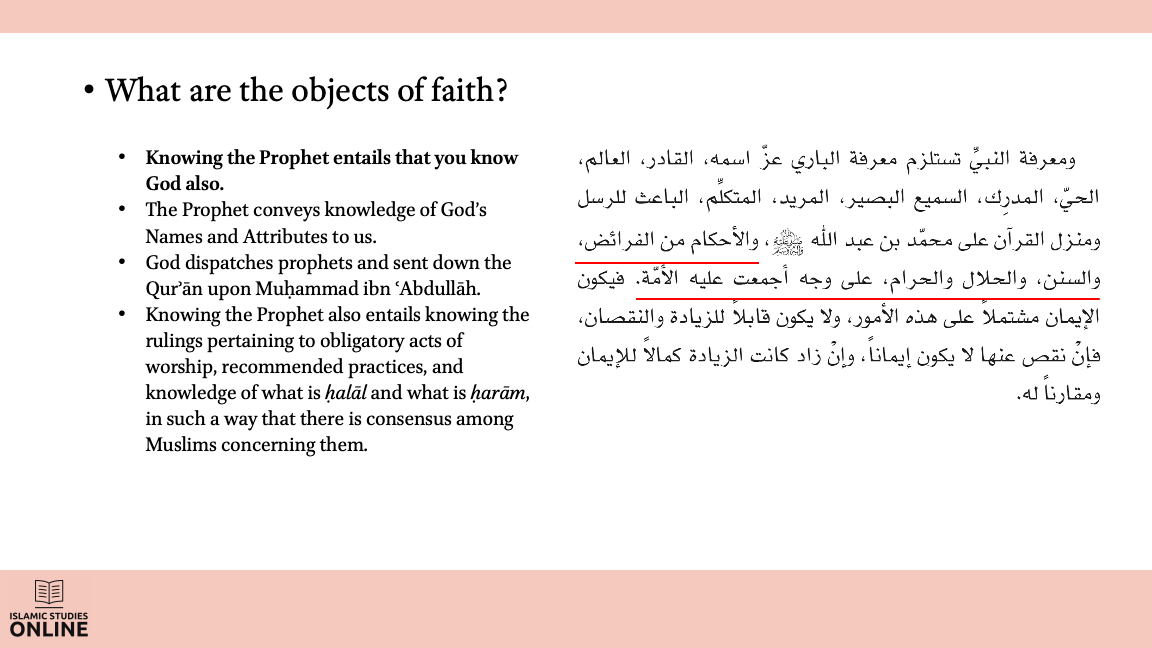Introduction to Arabic Logic
Athīr al-Dīn al-Abharī's Isāghūjī fī l-manṭiq
Video
20 hours in total
Text material
382 pages
Assessments
24 challenges
Certificates
3 Certificates
Why should I take this course?
Discover a Classical Masterpiece of Islamic Intellectual Heritage
Studying Athīr al-Dīn al-Abharī’s Isāghūjī fī l-manṭiq offers students a unique window into the intellectual history of the Islamic world. This text has served as a cornerstone for the study of logic across centuries, shaping the development of philosophy, theology, and jurisprudence in Islamic scholarship. By engaging with this classical work, students not only enhance their reasoning skills but also gain insights into how logic was integrated into broader fields of knowledge, fostering a deeper appreciation for the richness of the Islamic intellectual tradition.
Learn Technical Arabic Terminology in Logic
One of the standout features of this course is the opportunity to master technical terms in Arabic related to logic. The Isaghuji is written in a precise and structured manner that introduces key concepts such as mawḍū‘, qaḍiyya, and istidlāl, providing students with a strong foundation in the specialized vocabulary of the discipline. This knowledge is invaluable for those studying Islamic philosophy, theology, or law, as it equips them to read and analyze other classical texts in their original language with greater confidence and fluency.
Develop Critical Thinking Skills
In addition to its historical significance, the study of Isāghūjī offers practical benefits for modern students. The text systematically trains readers in logical analysis, helping them to construct clear arguments and evaluate evidence with precision. These skills are essential for academic success and professional fields that require analytical rigor. By the end of the course, students will have honed their ability to think critically, solve problems, and engage in nuanced discussions—tools that are as relevant today as they were in al-Abharī’s time.
Learning outcomes:
Quality you can trust
On Demand Content
Complete course materials and high quality video recordings available at anytime, anywhere.
Structured Assessment
Our tutors design carefully structured online assessments to ensure that you are understanding core concepts at every step in the course
1-to-1 with your tutor
For an additional fee, you can book a slot in your tutor's calendar for a 1-to-1 tutorial and guidance.
Flexibility
Our courses offer complete flexibility. Students control the time and pace at which they read, watch and learn. You also get a range of payment options that offer great flexibility for all learners whatever their circumstances.
Practical
Our high-quality video content can be watched on any phone, tablet or computer. You can add your own notes and engage in colloborative conversations and discussions with other students using our online education tools.
Expert Guidance
Every course offered on Islamic Studies Online is delivered by a subject-specialist, an expert in the field, ensuring that you get the best quality education!




